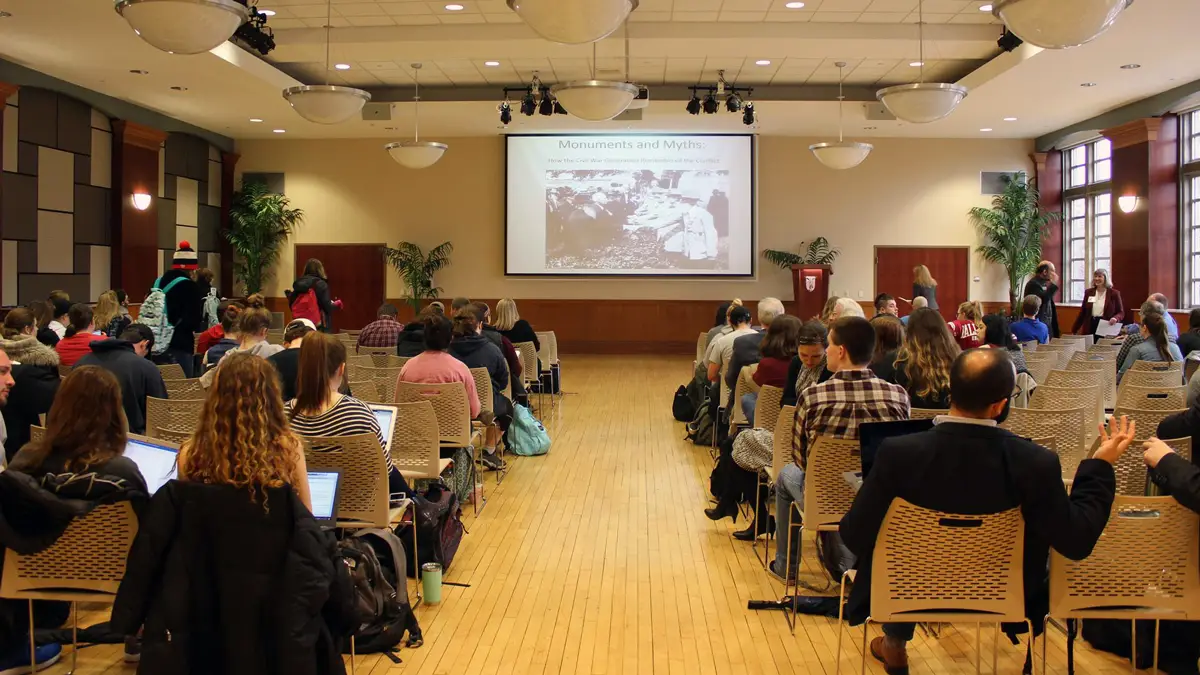Introduction: Histacon—A Tribute to South African Heritage
Histacon is more than just an event—it is a dynamic celebration of South African history, culture, and identity. Held annually, the event brings together historians, academics, students, and heritage enthusiasts to dive deep into the milestones and legacies that have shaped the nation. This year’s histacon was no exception. With powerful keynote speakers, interactive exhibitions, and engaging community discussions, the event sparked dialogue around the untold stories and pivotal moments in South Africa’s rich and complex history.
In this detailed recap, we’ll explore what made Histacon 2025 a standout event, from its thematic sessions to audience participation, its role in education, and its growing impact on local and global narratives of African identity. Whether you attended in person or are discovering it now, this summary will transport you to the heart of the experience.
The Purpose and Vision Behind Histacon
At its core, Histacon aims to create a space where historical narratives are not only preserved but also re-examined through modern lenses. The event is designed to decolonize historical knowledge and promote inclusive storytelling.
Empowering the Next Generation
A central theme of this year’s Histacon was empowering youth through history. South Africa’s younger generation is increasingly seeking to understand the events that shaped their nation—from apartheid to liberation. They provides the platform to question, learn, and reclaim historical narratives that have been marginalized or misrepresented.
Bridging Academia and Community
By bringing academics, educators, local historians, and community members under one roof, Hista bridges the often-isolated worlds of scholarly research and community heritage. This synergy allows for a more inclusive, nuanced understanding of South Africa’s past.
Highlights from Histacon 2025
From riveting keynote speeches to interactive displays, Hista 2025 delivered a well-rounded, immersive experience. Here’s a breakdown of the event’s standout moments:
1. Keynote Addresses: Voices That Echo Through Time
Histacon opened with a powerful keynote by Professor Thuli Madonsela, focusing on justice, truth, and memory. She emphasized the importance of ethical leadership rooted in historical understanding. Other notable speakers included:
- Dr. Sifiso Ndlovu: On the legacy of the Soweto Uprising
- Zubeida Jaffer: On women in the struggle for freedom
- Professor Mahmood Mamdani: On African intellectual sovereignty
Each speaker addressed different facets of South Africa’s historical landscape, from colonial resistance to modern reconciliation.
2. Thematic Sessions: Navigating Historical Depth
The event featured various breakout sessions tailored to different themes. These included:
- Apartheid to Democracy: Analysis of institutional transformation and political reform
- Land and Identity: Dialogues on dispossession, restitution, and land rights
- Heritage and Youth: How young people interpret and preserve historical narratives
- Hidden Histories: Focus on stories of indigenous groups, LGBTQ+ activists, and lesser-known revolutionaries
These sessions encouraged interactive participation and sparked rich debates among attendees.
3. Cultural Exhibitions and Multimedia Storytelling
Visual storytelling took center stage at Histacon, with exhibitions showcasing:
- Archival photographs and rare historical documents
- Digital recreations of historical scenes using AR technology
- Video interviews with struggle icons and community leaders
Interactive installations, such as the “Memory Walk” exhibit, invited visitors to trace major historical events through immersive storytelling. These displays made history feel alive and accessible to all ages.
Histacon’s Role in Education and National Healing
One of Histacon’s enduring contributions is its educational impact. Many schools and universities incorporate the event’s content into their syllabi and extracurricular programs.
Educator-Led Workshops
Teachers attended workshops on how to present history through anti-colonial and culturally relevant pedagogies. With tools provided at Hista, educators are empowered to help students critically examine dominant narratives and seek truth through inquiry.
Promoting National Dialogue
In a nation still healing from the wounds of apartheid, Histacon serves as a catalyst for reconciliation. By recognizing pain while celebrating resilience, the event encourages mutual understanding across racial, generational, and cultural divides.
Community Engagement and Grassroots Participation
Histacon extends beyond academic circles and actively involves the community. Local storytellers, poets, artists, and musicians took part in the event to showcase how culture is deeply intertwined with historical identity.
Story Circles and Oral Histories
Community elders were invited to share oral histories in open forums, preserving indigenous and personal narratives often excluded from textbooks. These moments provided an emotional bridge between generations.
Youth Innovation Lab
Young creators presented digital projects, including apps and online platforms, aimed at making history more accessible to the digital generation. Their projects focused on gamifying historical content and creating virtual museums.
Impact and Future of Histacon
Each year, Histacon grows in size and influence, both nationally and internationally. This year, over 20,000 people attended, with an additional 60,000 joining through online streaming platforms. Social media engagement surged, with the hashtag #Histacon2025 trending across major platforms.
Building International Bridges
Histacon’s success has inspired similar initiatives in other African countries, including Kenya, Nigeria, and Ghana. The event’s collaborative framework offers a model for regional historical dialogue and exchange.
What’s Next for Histacon?
The organizing committee announced plans for a Histacon Archive, a digital repository where lectures, interviews, and materials from past events will be available free to the public. Additionally, partnerships with institutions such as the University of Cape Town and the Nelson Mandela Foundation aim to expand the event’s academic and research capacity.
Conclusion: Why Histacon Matters
In an era of disinformation and selective memory, Histacon plays a crucial role in shaping a historically literate and socially conscious society. It doesn’t merely revisit the past; it interrogates it, reclaims it, and uses it as a tool to build a more equitable future.
By combining scholarly research, community participation, multimedia storytelling, and youth engagement, Histacon has become a benchmark for heritage events across Africa. If you haven’t yet attended, now is the time to mark your calendar for Histacon 2026—because understanding where we’ve been is key to knowing where we’re going. Your journey starts at our homepage—check it out today.
FAQ – People Also Ask
What is Histacon?
Histacon is an annual event that celebrates and explores South African history through keynotes, exhibitions, and community dialogue.
Who organizes Histacon?
Histacon is organized by a consortium of universities, cultural institutions, and community organizations dedicated to preserving South Africa’s historical legacy.
Is Histacon open to the public?
Yes, Histacon is open to the public and welcomes attendees from all backgrounds, including students, educators, historians, and the general community.
Where can I watch Histacon sessions online?
Many sessions are streamed live or archived on the official Histacon website and its affiliated YouTube channel.
Why is Histacon important for South African youth?
Histacon empowers young people to explore their identity, history, and cultural heritage through educational programs, innovation labs, and storytelling.
How does Histacon contribute to reconciliation in South Africa?
By promoting inclusive historical narratives and creating space for open dialogue, Histacon fosters understanding and healing among diverse communities.












Leave a Reply